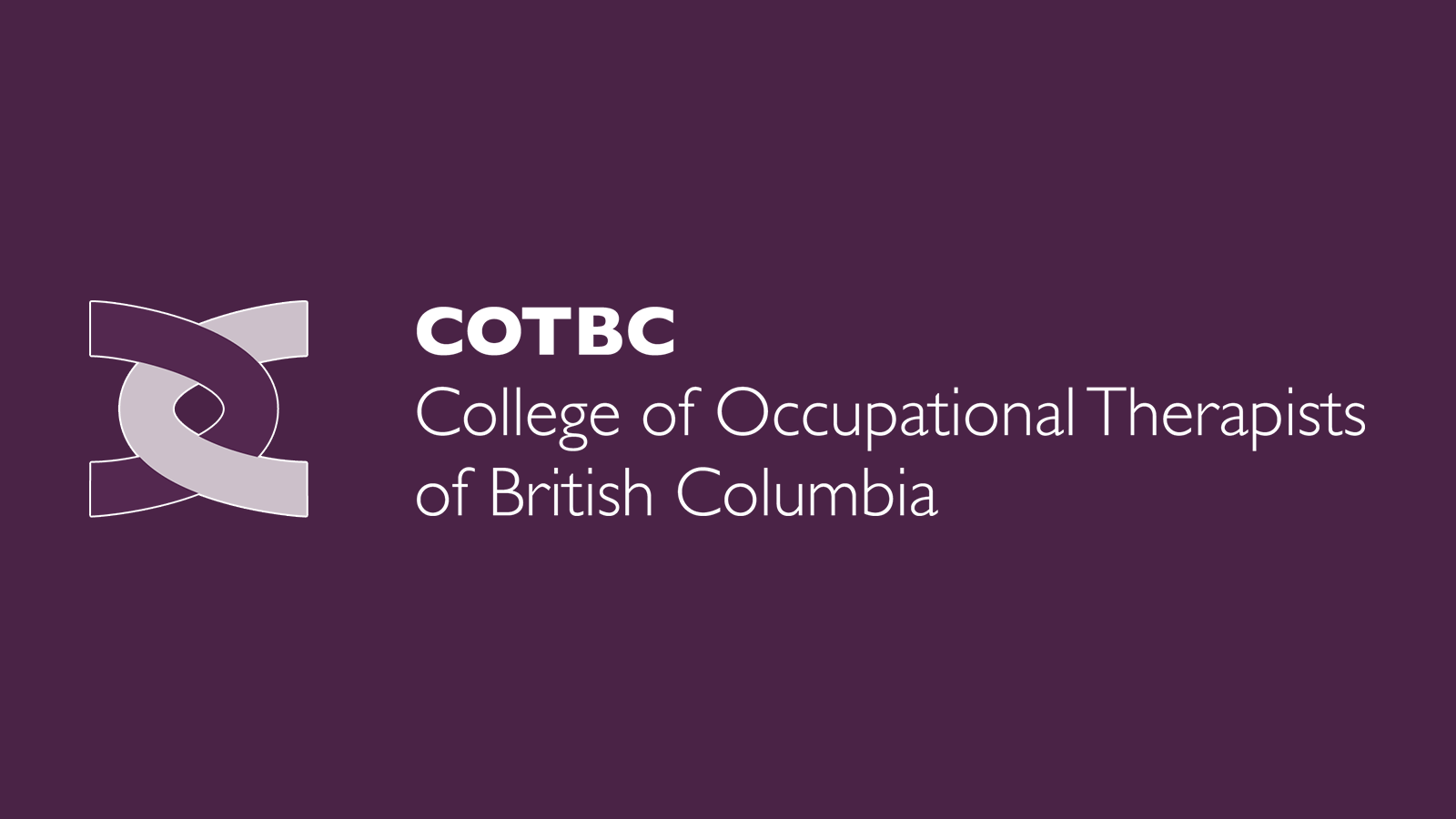Recent tragic events have painfully demonstrated the extent to which systemic racism and discrimination continue to exist throughout society.
In response, the Black Lives Matter movement has galvanized people and organizations around the world to take part in powerful protests calling for meaningful change.
BC Health Regulators (BCHR), representing all health regulatory colleges in BC including the College of Occupational Therapists of BC, supports the global movement to end racism and discrimination against Black and Indigenous communities and all people of colour.
The spotlight on creating a just and equitable society, free of racism and discrimination, is a call to action for BCHR’s 21 member organizations to examine and improve our practices and implement initiatives that make a difference.
Our shared mandate is to ensure regulated health care providers deliver qualified, safe, and ethical care to their patients and clients. As an important part of that mandate, health regulators support every patient and client’s right to receive the same access to and quality of care, regardless of race, colour, ancestry, place of origin, religion, marital status, family status, physical or mental disability, sex, sexual orientation, and age.
At the regulatory college level, these duties are embedded in registrant codes of ethics, standards of practice, and other guidelines.
As a group, in partnership with the First Nations Health Authority, BCHR has worked on a joint initiative to incorporate cultural safety and humility in our practices as health regulators. In 2017, all BCHR members signed the “Declaration of Commitment – Cultural Safety and Humility in the Regulation of Health Professionals” and have participated in activities to advance the integration of cultural safety and humility within our organizations.
Important messages to be learned from these extraordinary times are that we must recognize that there is much more work to be done at every level, and we must strive to do better. As BC health regulators, this means being open to new ideas and opportunities to develop initiatives that support the goals of inclusivity and diversity. To that end, BCHR commits to continued collaboration towards the ongoing development of initiatives that help achieve these important goals.
As British Columbians, we can also show our support for the BC Lieutenant Governor’s #DifferentTogether pledge to uphold the values of diversity and inclusion and oppose racism and hate in all its forms.




